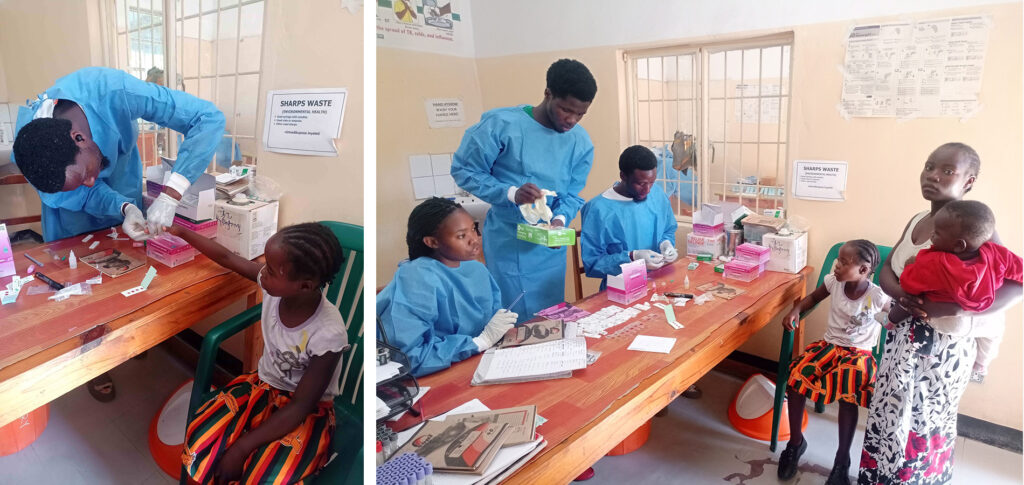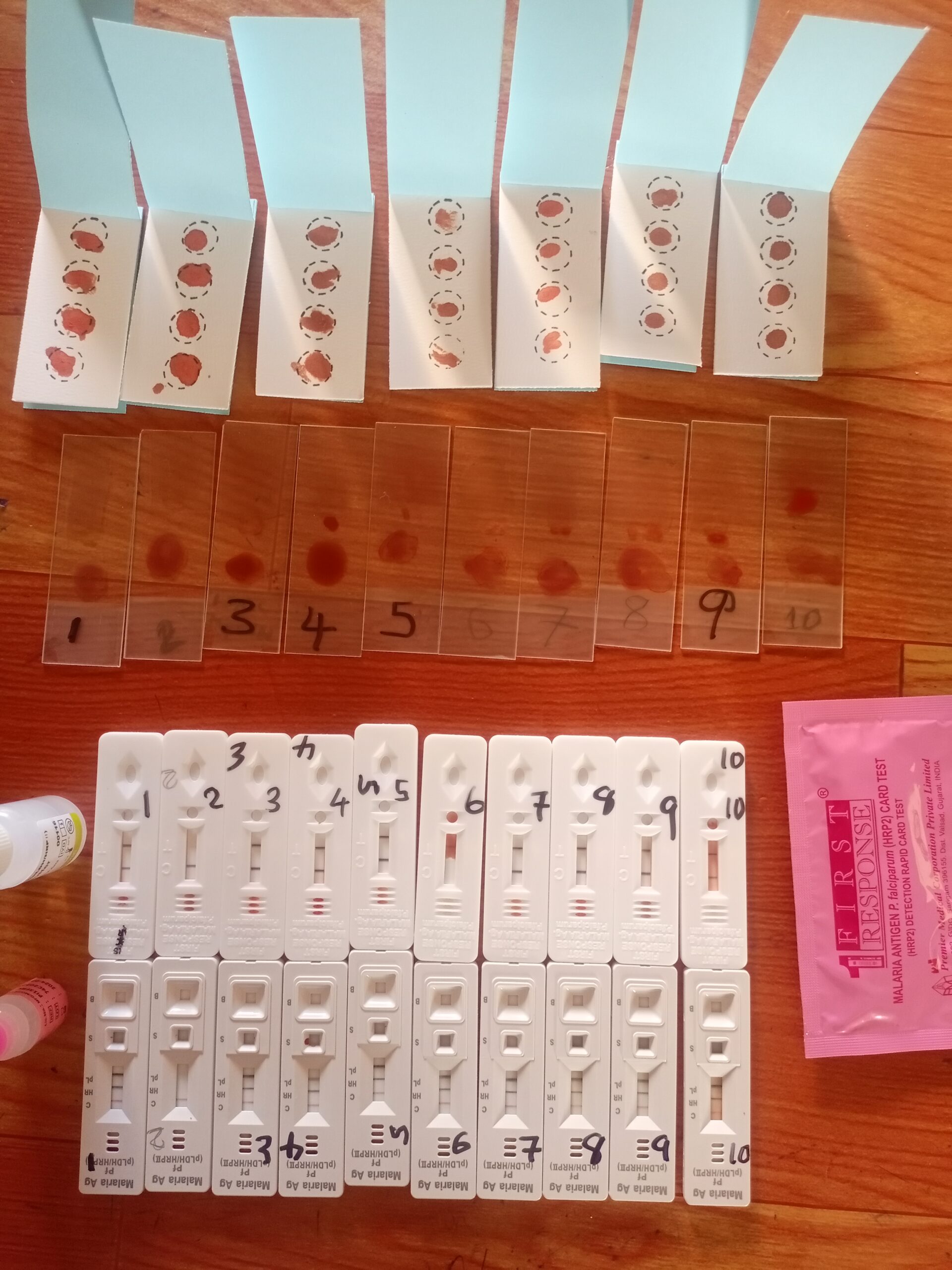Malaria, a preventable but deadly disease, continues to take a terrible toll especially in pregnant women and children under five years in sub-Saharan Africa. Effective prevention, control, and treatment of malaria is dependent upon a number of factors, including a competent workforce of laboratory technicians.
In Zambia, malaria transmission occurs year-round, though the intensity of transmission varies across the country, the peak transmission season is April and May. In 2023, there were more than 11 million cases of malaria, up significantly from 8.1 million cases reported in 2022. Most infections in this Southern African country are caused by Plasmodium falciporum malaria parasite.
In Zambia, PAMO Plus, a five-year (2020–2025) U.S. President’s Malaria Initiative (PMI) project, is supporting the National Malaria Elimination Programme (NMEP) to lower the malaria burden in high-transmission settings and implement a pre-elimination program in low-transmission settings. Jhpiego is the lead partner for facility-based case management, which includes diagnosis and treatment.

One of the NMEP’s objectives is to ensure that 100 percent of all suspected malaria cases are diagnosed by microscopy or a rapid diagnostic test and that 100 percent of confirmed cases receive prompt and effective antimalarial treatment. This not only reduces the risk of severe malaria and death but also helps curb malaria transmission.

In 2017, to improve the quality of malaria diagnosis, Zambia created the National Malaria Slide Reference Bank using locally generated slides. These slides are used to train laboratory staff on the national malaria microscopy competency assessment and as educational slides for biomedical training schools.
PAMO Plus is helping replenish Zambia’s bank of malaria slides by generating 20,000 slides by the end of 2024. Regular malaria slide generation is needed to enrich the slide banks in order to raise the quality standards of malaria micropscopy through country wide refresher trainings.

For example, in February 2024, PAMO Plus’s team worked with the staff at Twatasha Clinic in Mufulira district in Copperbelt province to generate slides for the national slide bank. Typically, the clinic tests and treats more than 60 patients for malaria in one day, making them a good source for slides. Originally, the bank used the active route of slide generation—where one slide per patient—but now uses a passive route—where many slides are collected from one patient—which is more productive and less expensive.
The early symptoms of malaria—fever, headache, and chills—are also common for other diseases. Therefore, early and accurate diagnosis is critical if health workers are to effectively treat malaria and other illnesses and reduce malaria’s terrible toll.
Dr. Gladys Tetteh, Sr. Technical Director Malaria, provided technical review of this article.
Chipo Tsoka Kachali is a Malaria in Pregnancy Specialist in Jhpiego’s Zambia office. Edward Kenyi is a Technical Advisor I in Jhpiego’s Baltimore office.



